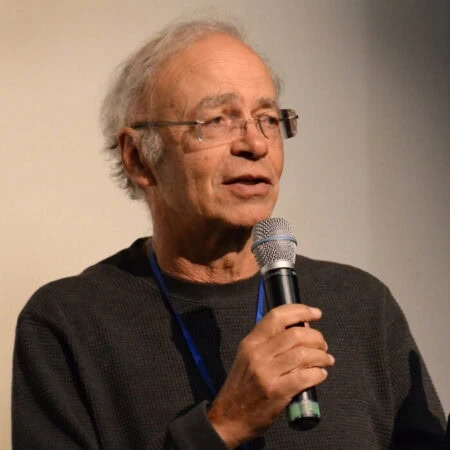
Peter Singer
Professor Emeritus, Princeton University & cofounder, The Life You Can Save
Monday, June 2 | 11 a.m. PT / 2 p.m. ET / 6 p.m. GMT
Your purchase helps to fund free surgeries for women injured in childbirth.

Independent Author Network – 2025 Overall Grand Prize Book of the Year Winner
Page Turner Awards, Best Nonfiction Book of 2025 – Recognizes engaging, hard-to-put-down books
Best Indie Book Award – International literary contest recognizing outstanding achievements
USA Today Bestseller – Achieved national bestseller status on USA Today’s list
International Book Awards Winner – Recognizes literary excellence with global judging
Pencraft Awards, Historical/Cultural 1st Place Winner – Celebrates outstanding writing craft and storytelling
Readers’ Favorite Book Award Winner – Awarded for exceptional books across genres
Living Now Book Gold Medal in World Peace – “For contributing to positive global change”
Readers’ Choice Book Award Finalist – Selected by reader voting for audience favorites
American Book Fest, Memoir Winner – One of the world’s largest international book award programs
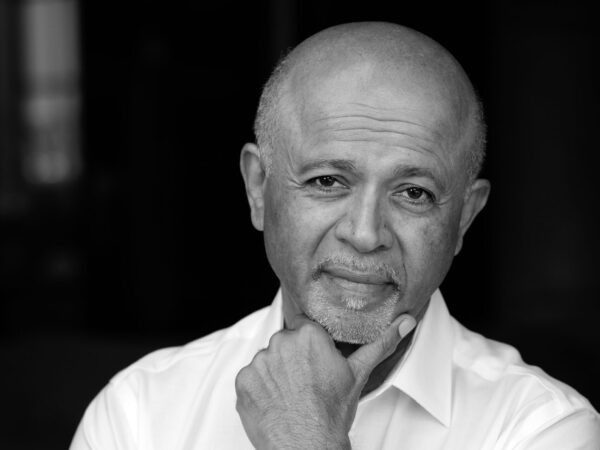
“The time has never been more right for Kate to tell the story of the women who have suffered too long in the shadows, and that of the many people who work tirelessly to help them get life-transforming care.”
—Abraham Verghese, author of Cutting for Stone and The Covenant of Water

Professor Emeritus, Princeton University & cofounder, The Life You Can Save
Monday, June 2 | 11 a.m. PT / 2 p.m. ET / 6 p.m. GMT
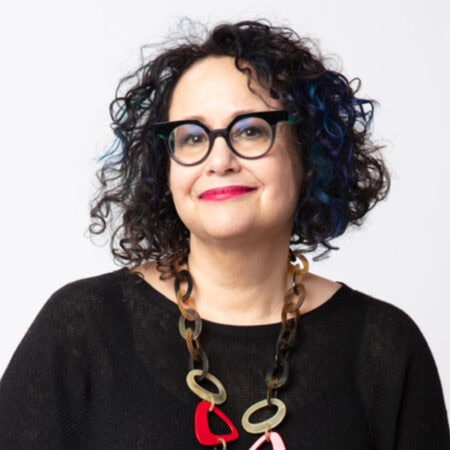
Host of public radio's On the Media
Tuesday, June 10 | 10 a.m. PT / 1 p.m. ET / 5 p.m. GMT
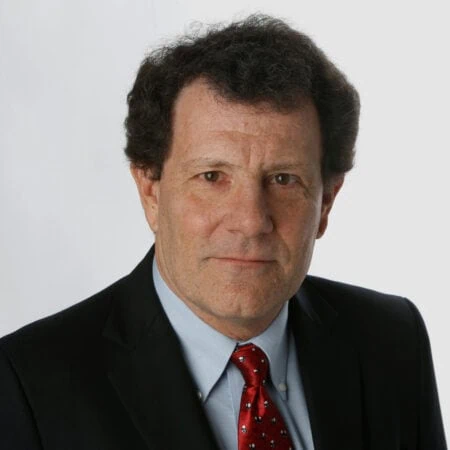
Pulitzer Prize–winning journalist, The New York Times
Tuesday, June 24 | 10 a.m. PT / 1 p.m. ET / 5 p.m. GMT
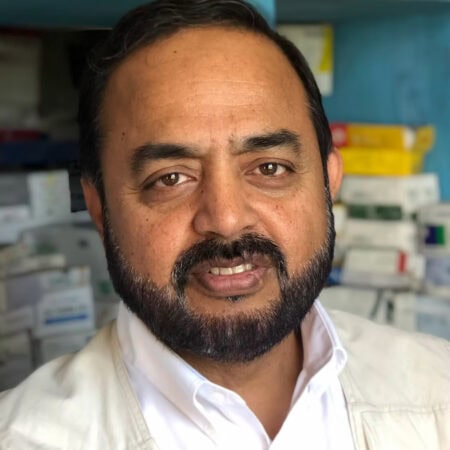
Founder of Hope Foundation
Monday, July 14 | 10 a.m. PT / 1 p.m. ET / 5 p.m. GMT
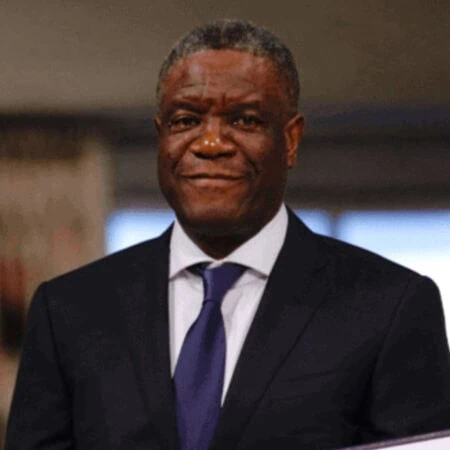
Nobel Peace Prize winner and founder of Panzi Hospital
Thursday, July 24 | 10 a.m. PT / 1 p.m. ET / 5 p.m. GMT
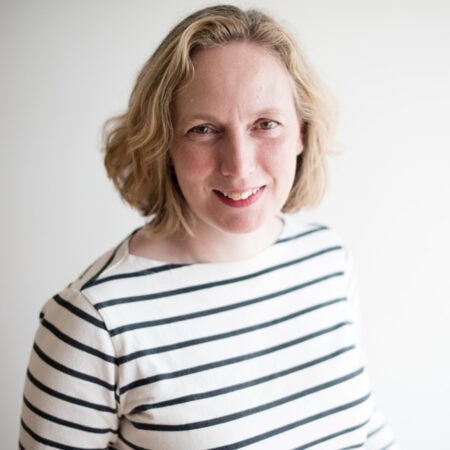
CEO of the International Federation of Gynecology and Obstetrics (FIGO)
Thursday, July 31 | 9 a.m. PT / 12 p.m. ET / 5 p.m. BST
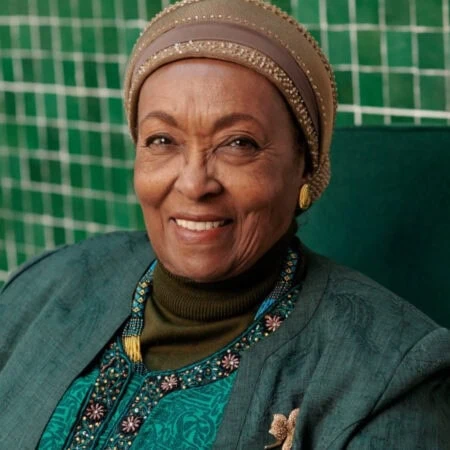
Founder of the Edna Adan Hospital
Tuesday, August 5 | 10 a.m. PT / 1 p.m. ET / 5 p.m. GMT
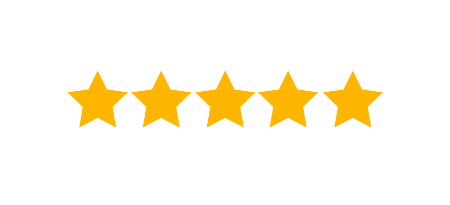
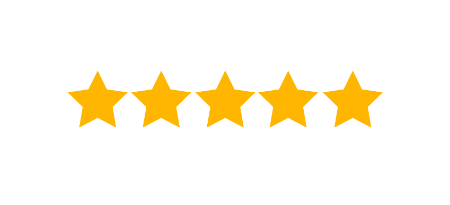
Booklife by Publishers Weekly
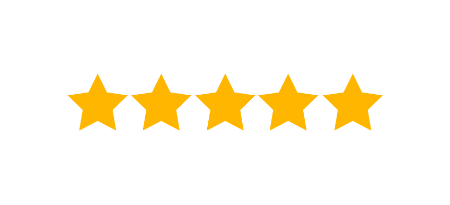
Readers' Favorite
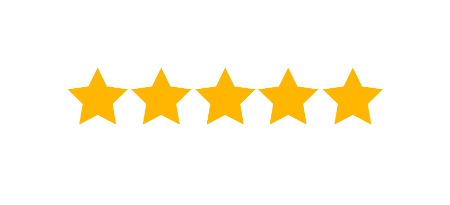
Kirkus Reviews

San Francisco Book Review

Readers' Choice Book Award Finalist

Chicago Book Review
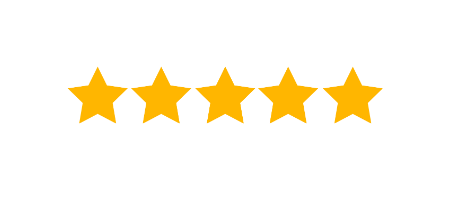
Booklist
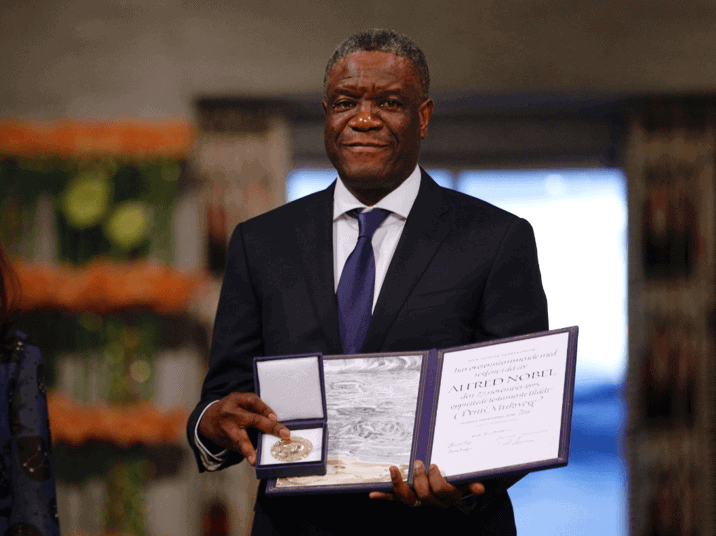
“It is easy to ignore suffering when the problem exists a continent away, for poor women living in Africa or Asia. Grant’s book is a call to action for compassionate advocates, and a stunning tale of how deeds triumph over platitudes. No Woman Left Behind is a powerful plea to be our sister’s keeper, and a guide-book to change the world, one woman at a time.”
—Dr. Denis Mukwege, Founder, Panzi Hospital, and winner of the Nobel Peace Prize
On a visit to the Addis Ababa Fistula Hospital, in the Ethiopian capital, Kate Grant found work that spoke to her heart. Bed after bed contained young women suffering from obstetric fistula, a childbirth injury that when left untreated leaves women incontinent and too often relegated to live as modern-day lepers. The only cure: surgery.
Grant’s work with Fistula Foundation has enabled more than 100,000 life-transforming surgeries for women injured in childbirth. She demonstrates the profound power of individual action to change lives at scale—since Fistula Foundation takes no government money—and transform the world one woman at a time. Through vivid firsthand accounts of surgeons toiling in remote corners of Africa and Asia, Grant takes readers inside the fight to restore hope to some of the world’s most vulnerable women.
Lives Well Lived with Peter Singer and Kasia de Lazari-Radek
Mommas Who Lead - How One Woman’s Purpose is Healing Millions
The Jefferson Exchange - From advertising executive to healthcare activist: A ‘reckoning of the soul’
Central Line: Leadership in Healthcare, Bridging Gaps: A Global Journey in Women’s Health with Kate Grant
The Laura Jane Layton Show
Stanford Center for Innovation in Global Health
Pre-Zero Sports Talk - Smart Compassion, Women’s Health & Global Leadership with Sid Bensalah
Queen Me! with Ashley Lynn Priore
Wickedly Smart Women - How One Woman Scaled a Global Movement
The Legendary Leaders Podcast - Listen to Your Inner Voice: Leading a Life of Impact Without Apology
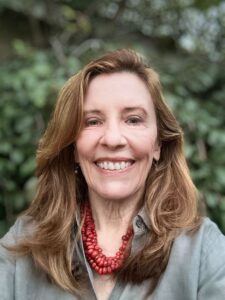
A passionate advocate for maternal health, she has expanded critical fistula care across 35 countries in sub-Saharan Africa and Asia. No Woman Left Behind is her deeply personal account of the journey to bring healing to women suffering in silence. Grant joined the Foundation as its first chief executive in 2005 and has led its expansion from supporting one hospital in one country, Ethiopia, to its current position as the world leader in fistula treatment. She graduated from the Haas School of Business at UC Berkeley, earned an MPA from Princeton University and was named the American Marketing Association’s Nonprofit Marketer of the Year.
If you’re interested in hosting a book club, Kate or a senior member of Fistula Foundation’s team would be happy to call in for a 30-minute discussion with your group. Please email nowomanleftbehind@fistulafoundation.org to arrange a time for the call.
Here are some topics and questions for discussion: